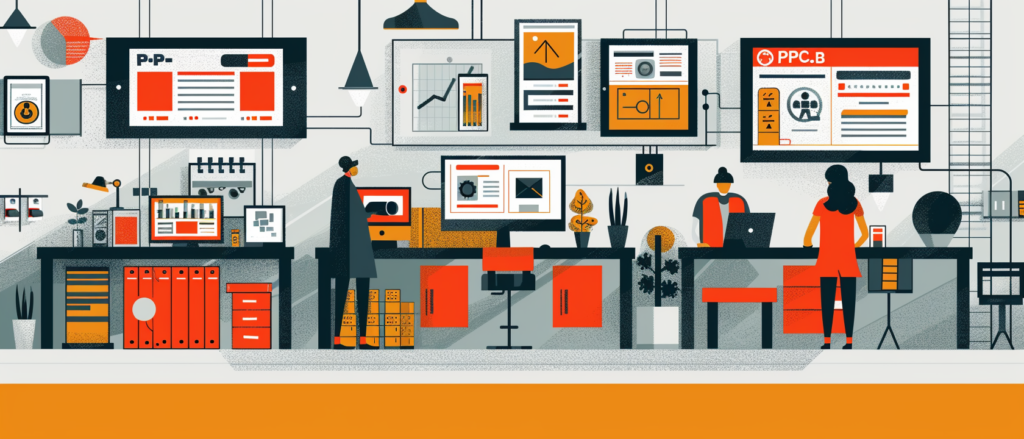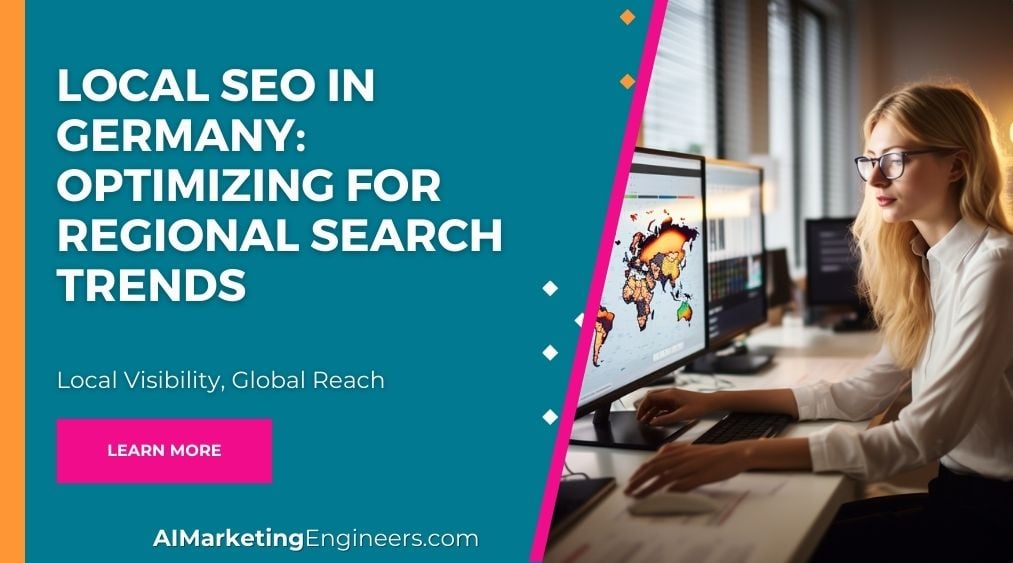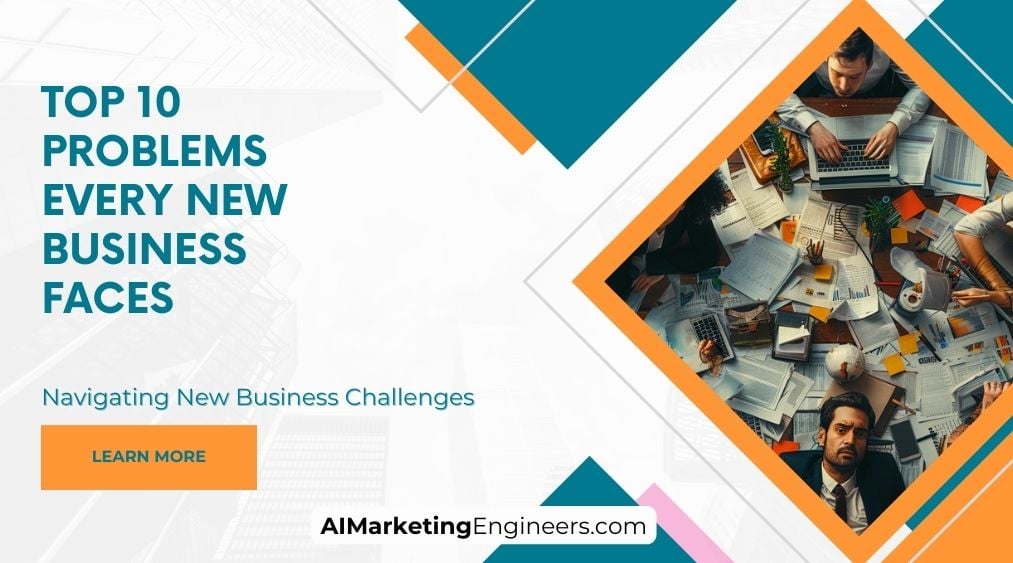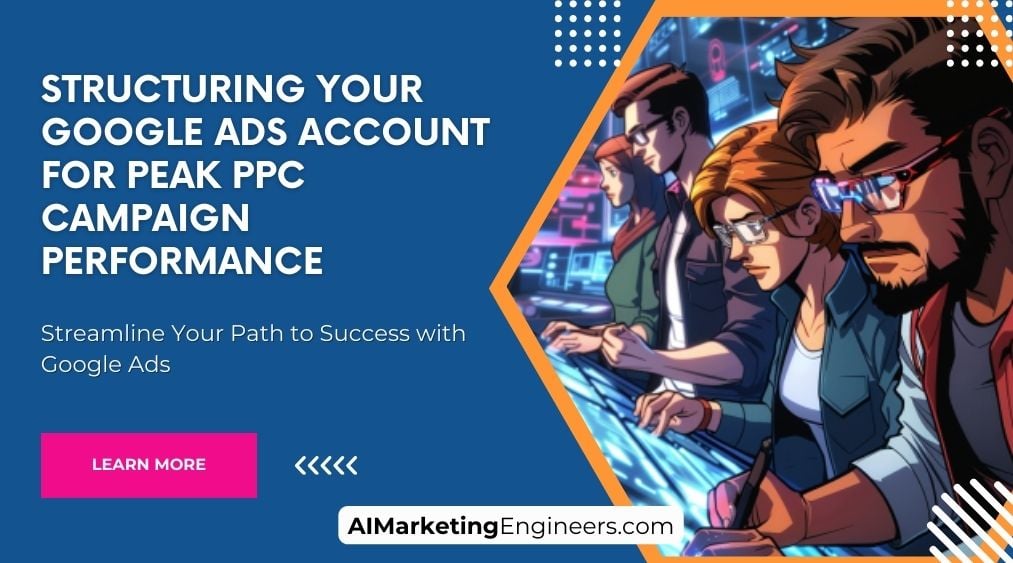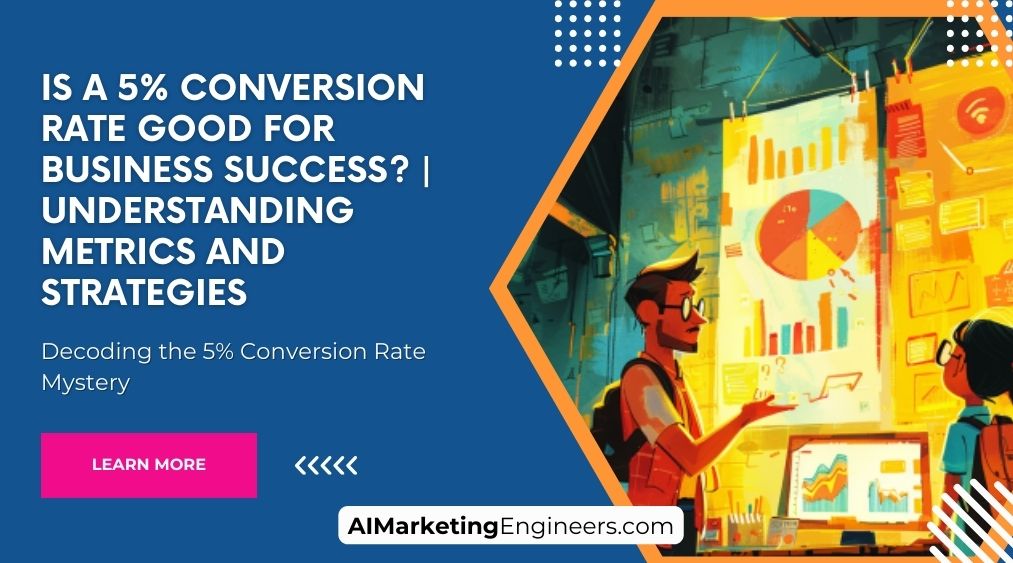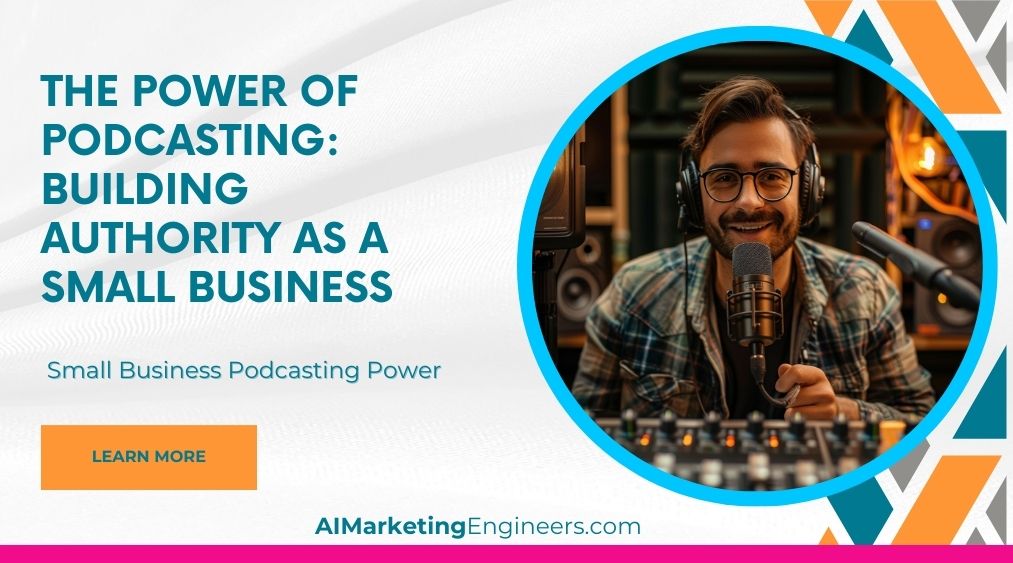Key Takeaways
✅ Definition of PPC: At its core, PPC is an online advertising technique where businesses only pay when their ad is clicked, making it a cost-effective way to drive traffic. Statistically speaking, businesses make an average of $2 in income for every $1 they spend on Google Ads, demonstrating PPC's potential for a solid return on investment.
✅ How PPC Works: By selecting keywords and setting a budget, companies position their ads to appear to potential customers who are searching for related topics. With PPC, ads can begin delivering targeted traffic and potential leads quickly, often within 24 to 48 hours.
✅ Benefits of PPC: The beauty of PPC lies in its ability to offer quick entry into the marketplace, measurable and trackable results, and unparalleled targeting options, including geographical targeting and ad scheduling. Businesses can gain insights on customer behavior while maintaining control over ad spend.
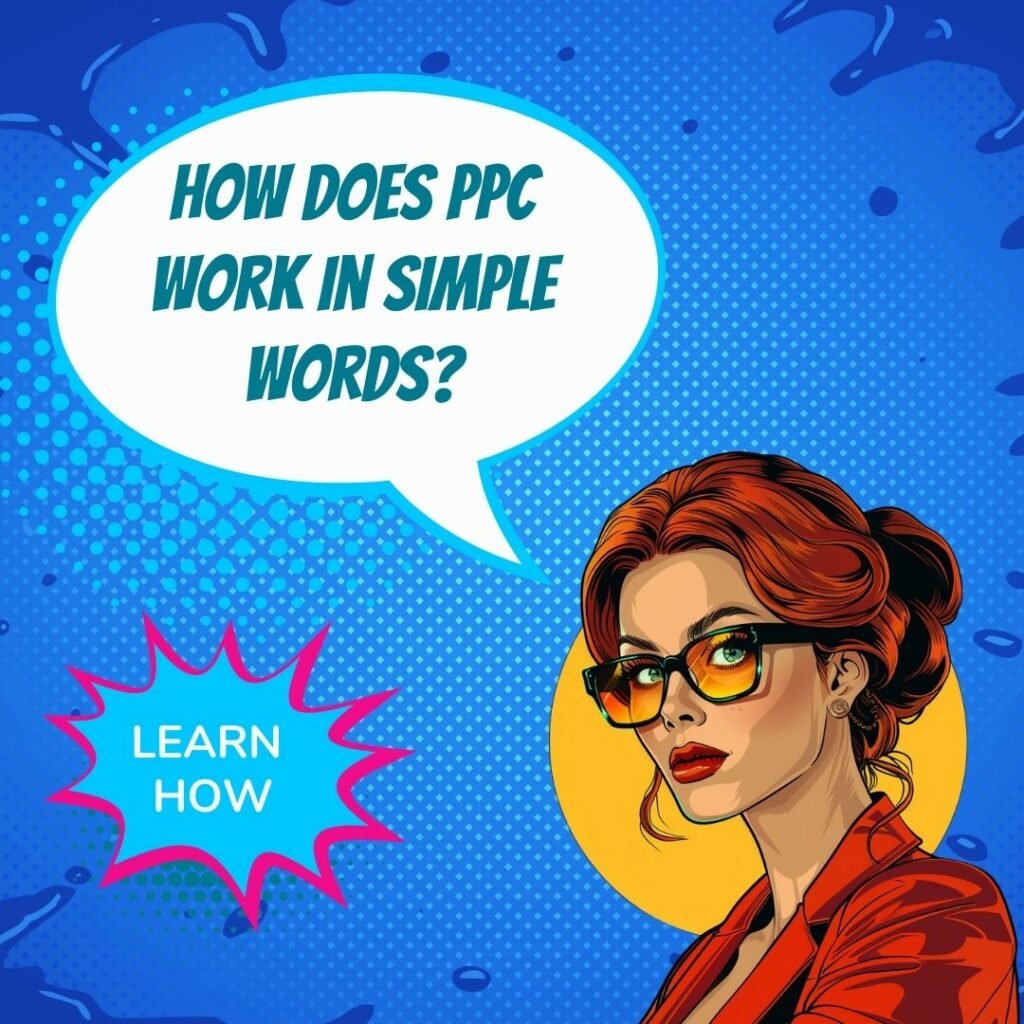
Introduction
Have you ever wondered how those ads at the top of your search results got there? The answer is simpler than you might think, and it's revolutionizing the way businesses connect with their audiences online. Enter the accessible world of Pay-Per-Click advertising, a model where every click could be a new customer knocking on your door. But what is PPC in simple words? And more importantly, how can it transform your marketing efforts into measurable success?
This article doesn't just explain the concept; it peels back the curtain on strategies that could amplify your revenue, maximize your ROI, and turn clicks into customers. With our advice, you'll be navigating the PPC waters like a seasoned pro in no time. Stay tuned, as we're about to dive into actionable insights and game-changing tips that could set your business on a path to online triumph.
Top Statistics
| Statistic | Insight |
|---|---|
| Projected Global Search Advertising Spend: $190.5 billion in 2024. | As digital marketing continues to grow, understanding market trends is crucial for businesses looking to invest wisely in advertising. |
| Average Monthly PPC Campaign Cost: $9,000 to $10,000 for small to mid-sized companies. | Knowing what others are spending can help new advertisers set realistic budgets and expectations for their own campaigns. |
| Return on Investment (ROI): Businesses make $2 for every $1 spent on PPC. | ROI figures are a powerful testament to the effectiveness of pay-per-click advertising when done correctly. |
| Mobile PPC Clicks: 52% of PPC clicks come from mobile. | This stat highlights the dominance of mobile and how critical a mobile-optimized approach to PPC is. |
| Paid Ads and Information: 75% of people say paid ads make it easier to find the information they are searching for. | Paid ads are not just promotional tools; they provide value by connecting users with what they are looking to find quickly. |
Understanding the Basics of PPC
Pay-Per-Click (PPC) is the backbone of today's online advertising, often acting as the connector between consumers and the services or products they're searching for. Imagine every click on an ad as a virtual handshake between a potential customer and a business. With the advance of digital markets, understanding the mechanics of PPC is not just for the tech-savvy marketers but for anyone looking to elevate their business's online presence. PPC involves advertisers paying a fee each time their ad is clicked, essentially buying visits to their site. This method contrasts with organic traffic, where visits are earned rather than purchased.
The Auction System: Bidding on Keywords
At the core of PPC's workings, advertisers are essentially entering into a digital auction, bidding on keywords they believe their potential customers are using in their online searches. It's like setting up a shop in a busy market, except your stall pops up only when people mention what they want. When the user punches in those magic words - the targeted keywords - the advertiser's ad springs to life, enters the fray, and battles with others for the best spot on the page. Only when someone is intrigued enough to click does the advertiser pay, literally investing in every potential customer's action. This auction system ensures that the most relevant and well-optimized ads are shown to users.
The Benefits of Targeted Advertising
One of the shining benefits of PPC is targeted advertising. Not only can advertisers reach individuals searching for specific terms, but they can also filter their audience by age, location, and even the type of device used. This precision allows businesses to tailor their ads to the demographics most likely to convert. Moreover, PPC's magic lies in its measurable results; everything from the number of clicks, the cost per click, to the amount earned from each ad click is available for analysis. This level of detail helps advertisers adjust their sails in the ever-changing winds of market demand.
Structuring a PPC Campaign
Let's unfold a typical PPC campaign structure. An advertiser's campaign typically contains several ad groups, which in turn house a set of ads and relevant keywords. Think of it as organizing your ads into different baskets, each tailored to catch a particular type of fish - or in this case, a specific group of users. Keywords ignite the process, but it's the landing pages that need to have the allure; they are the digital storefronts where the users land post-click, a critical touchpoint that can convert interest into sales. A well-structured campaign enhances relevance and boosts the chances of achieving desired outcomes.
The Importance of PPC Management
Managing a PPC campaign isn't exactly a set-it-and-forget-it ordeal; it requires constant PPC management. Adjusting bids, exploring new keywords, refining your targeting, and optimizing your spending are all part of the dance. It's all about being nimble and making sure every dollar spent has the opportunity to boost your bottom line. Regular monitoring and tweaking ensure that your campaigns remain effective and responsive to market changes. This ongoing process can significantly enhance the return on investment from your PPC efforts.
Exploring Different PPC Platforms
So, what's the arena for these digital duels? Google Ads remains the heavyweight champion, offering unparalleled reach thanks to Google's dominance in the search engine market. Formerly known as Google AdWords, it's where most advertisers start and often where they stay. Not to be forgotten, Microsoft Ads offers access to the Bing audience and integrates with LinkedIn, providing unique targeting opportunities. When it comes to social spheres, Facebook Ads stands tall, allowing businesses to tap into the vast user base of Facebook and Instagram. Each platform has its strengths, and choosing the right one depends on your specific advertising goals and audience.
AI Marketing Engineers Recommendation
Recommendation 1: Optimize for Mobile-Focused Campaigns: Data shows that mobile devices account for approximately 53% of paid clicks. To leverage this, ensure your PPC ads are optimized for mobile users. This means creating concise, engaging ad copy that captures attention quickly. Additionally, ensure that your landing pages are mobile-friendly with quick load times to keep users engaged. Utilizing mobile bid adjustments can help you better reach your target audience when they're on the go. By focusing on mobile optimization, you can effectively tap into the growing number of users accessing content via their smartphones, thereby increasing your campaign’s overall reach and effectiveness.
Recommendation 2: Embrace Automation and Smart Bidding: With the global AI market in digital advertising projected to reach $15.84 billion by 2025, it's crucial to utilize smart bidding strategies in your PPC campaigns. Smart bidding uses machine learning to optimize for conversions in each auction, a feature known as auction-time bidding. This technology allows you to save time and rely on Google’s extensive data to make more informed bidding decisions, ultimately improving your ROI. Embracing automation not only enhances efficiency but also ensures that your bids are more competitive and strategically aligned with your campaign goals. By leveraging AI, you can stay ahead of the curve and achieve better results with less manual effort.
Recommendation 3: Integrate PPC with Analytics for Better Tracking: For businesses to effectively measure the success of their PPC campaigns, integration with analytics tools is vital. Use platforms like Google Analytics to track user behavior post-click. This will help you understand your audience better, allowing for more targeted ads and improved conversion tracking. Moreover, by analyzing this data, companies can adjust their PPC strategy to focus more on what works and less on what doesn’t, leading to a more cost-effective allocation of their advertising budget. Integrating PPC with analytics provides invaluable insights that can drive continuous improvement and higher conversion rates.
Relevant Links
- Revolutionize Your Digital Marketing with AI
- Optimize Ads for India's Vibrant Markets
- Mastering PPC in China with Big Data
- Enhance Campaign Performance with PPC Metrics
Conclusion
In breaking down the PPC model, we've ventured into a realm of digital marketing that both thrives on precision and promises almost immediate results. At its core, PPC, or Pay-Per-Click, represents a watertight pact between advertisers and the digital spaces their ads inhabit: every click is a tangible measure of interest, every bid a calculated risk. But why should businesses and marketers care? PPC shines a spotlight on targeted advertising, ensuring that marketing efforts aren't just shots in the dark but are visible to the right people at the right time. Its efficacy is not based on assumptions; it's rooted in measurable results with concrete numbers like clicks, conversions, and expenditures all tracking toward growth. The flexibility to nimbly tweak campaigns allows for an agility that is rare in other advertising forms.
The structure of PPC campaigns, marrying ad groups with strategically chosen keywords, and leading intrigued prospects to well-crafted landing add pages, painting a full picture of what effective advertisement looks like in the digital age. And let's not forget, PPC isn't a 'set it and forget it' deal—ongoing management is crucial, encompassing everything from vigilant campaign monitoring and savvy keyword research to the finesse of budget optimization. Platforms such as Google Ads set the stage for what is now a marketing staple, with Microsoft Ads and Facebook Ads expanding the horizon of possibilities. Understanding PPC is more than a basic marketing prerequisite; it's about grasping the pulse of modern consumers.
The insights laid out here are just the beginning. The evolving nature of PPC demands that we stay informed, agile, and always ready to capitalize on the next opportunity. So, isn't it time you asked yourself how PPC can elevate your business? Consider this a call to action, a nudge to dive into the potential of PPC—because in an age where every click could be a new customer, understanding Pay-Per-Click is not just useful, it's essential to your marketing toolkit.
FAQs
Question 1: What is PPC?
Answer: PPC is short for Pay-Per-Click. It's a kind of advertising where you only cough up the cash when someone actually clicks on your ad.
Question 2: How Does PPC Work?
Answer: You decide on a daily spending limit and bid on certain words that are like a magnet to your ads. If someone's looking for what you're selling, your ad might pop up, and you'll pay for each person who clicks.
Question 3: What Is PPC Management?
Answer: PPPC Management is all about getting the most bang for your buck. It's tweaking your bids, targeting the people you want to reach, and making sure everything's ticking along nicely.
Question 4: Why Can't I See My Ads?
Answer: There could be a heap of reasons why your ads are playing hide and seek. Maybe there's a policy they're not fitting into, keywords that aren't approved, a hiccup in how you're paying, or they could just be running on the wrong stage.
Question 5: How Much Does PPC Cost?
Answer: The price tag is pretty much up to you. You pick a budget for each day, and you'll pay for each click within that limit.
Question 6: Should I Automate My PPC Campaign?
Answer: Automation's pretty smart. It can take a load off using AI. But, for the best play, having a team of PPC wizards by your side can make a world of difference.
Question 7: Why Aren't My Ads on the Top of the Page?
Answer: Getting to the top spot is like winning a race where your bid, how likely people are to click, how relevant your ad is, and how cool your landing page is all matter.
Question 8: What Is Amazon PPC?
Answer: Amazon PPC is Amazon's own tool for helping sellers get their goods noticed. You pick keywords, and just like regular PPC, you only pay when someone's curious enough to click.
Question 9: How to Build an Effective PPC Strategy?
Answer: Crafting a winning PPC plan means having a goal, choosing the right keywords, organizing your ad groups, keeping an eye on how you're doing, and tweaking things regularly.
Question 10: How to Use Negative Keywords?
Answer: Negative Keywords are like bouncers at the door. They keep the unwanted searches out, so you don't waste money and your ads stay relevant.
Academic References
- Johns Hopkins Medicine. Professorial Promotions Process. This document outlines the history and procedures of the Professorial Promotions Committee (PPC) at Johns Hopkins Medicine, detailing the roles within the committee and the statistical outcomes of their promotion recommendations across various academic years.
- PPC Wiki. Using Sources and References. This resource serves as a guideline for effectively citing sources and references, highlighting the significance of appropriate citations and the necessity for clear attribution when discussing the PPC in scholarly contexts.
- Practitioners Publishing Company. Tax Compliance and Planning Guidance. This comprehensive guide offers valuable information and resources for tax professionals, providing insight into navigating IRS regulations and strategies for optimizing benefits for clients, highlighting the PPC's role in this aspect.
- Keck Graduate Institute. PPC Application Procedures and Requirements. This source explains the application requirements and procedures for the Postbaccalaureate Premedical Certificate program at Keck Graduate Institute, detailing how professional and academic references are integrated into the process.
- U.S. Coast Guard Pay & Personnel Center. PPC Reference Library for Mission Support. The reference library maintained by the U.S. Coast Guard's PPC compiles essential documentation, such as directives, forms, worksheets, and newsletters to assist personnel in their daily tasks



